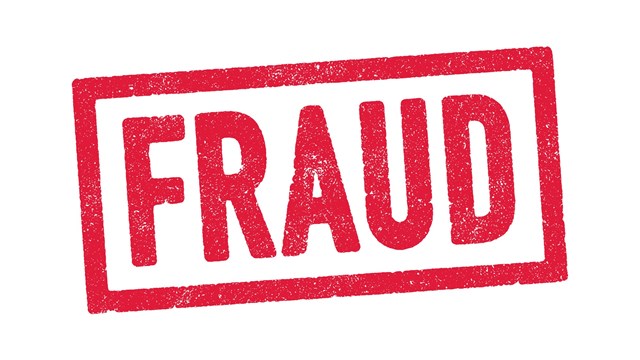
Kickback schemes, bid mishandling, and the like are not always easy to identify—or to prove – because like any illicit activity, this type of fraud is perpetrated in secret. That's why it's imperative to build a few basic safeguards into your community's contracts and procedures to prevent (or at least significantly hinder) wrongdoing by bad actors. Here are a few The Cooperator has learned from lawyers, accountants, and board members themselves:
Don’t commingle. In managed services contracts, it's standard practice to keep accounts segregated—both from the managing agent, and from the other buildings or properties he or she manages. One community's funds should never mingle with those of other communities, or with those of the management company. If discrete accounts are not part of your management contract, it's practically an open door to foul play. Unless your board is prepared to do a great deal of oversight, it may be time to amend the terms of that contract, or finding another manager.
Boards should also be wary if their property manager and a sponsor or investor share an accountant, contractor, or attorney. Attorney Steven R. Wagner explains that such intertwined relationships can lack the normal checks and balances that independent professionals bring. For example, if a contractor for your building is also working for the sponsor, it's possible that work being performed in and for the benefit of the sponsor’s unit(s) could be charged back to the building. That's not to say that sponsor/contractor relationships are all automatically suspect, however. If all parties have disclosed their relationships, signed conflict of interest waivers, and no one is being conspicuously over- (or under-) paid, such an arrangement could conceivably proceed ethically.
Insure against fraud. Most condo and HOA policies stipulate that the management company or property manager have insurance against fraud – so double-check to make sure you’re covered! Additionally, arrange for your building or association to be named on the policy as an additional insured party. That way, if a managing agent does perpetrate fraud, the building can make a claim directly, rather than having to sue for the money.
Check the accounts. It's standard practice to have a monetary threshold over which purchases or contracts need board approval. If yours doesn’t, institute one without delay. Be careful, though; a number too low could create needless delays in daily operations, while a number too high defeats the purpose of implementing the threshold in the first place. Your threshold will depend on your community’s budget, but most management pros agree that $2,000 is a good rule of thumb.
In addition to improving board oversight in general, implementing an approval threshold also gives boards a way to spot potential graft by perusing their accounts for expenses just below the threshold amount. If there are a number of them that don’t seem to align with normal costs or known expenditures, it could be a sign that there is some shady spending happening. Also, if vendors or service providers suddenly change without the board's notification or approval, a red flag should go up. This is another reason that bidding should be used for large contracts: it allows the board to have familiarity with its vendors and the reasons for selecting them.
A management agency’s accounting function typically includes monthly reports to the board, presented at either the beginning or end of each month. But boards are allowed to ask for records and data on their accounts at any time for legitimate fiduciary purposes. If board members have any suspicion of fiscal wrongdoing, they should check on their reserve fund in the middle of the month to see if any unauthorized transactions are taking place between reports. Moreover, they should request documentation from the bank directly in case there is any “book cooking” going on.
Lastly, look for discrepancies in reports, or unexplained variances between months. If there's no logical explanation or documentation for an anomaly, something unsavory could be afoot – keeping in mind that one or two misplaced charges is probably not cause for alarm. In any circumstance, it's to your board's benefit to give its financial documents a thorough read-through each month, and to investigate any discrepancies before enlisting the services of a fraud auditor or an attorney. Even lawyers advise that litigation should be a last resort, and only if there has been a truly large rip-off on the part of the property manager or management company. The best course of action is usually to cut one’s losses and find a new management company.









Comments
Leave a Comment